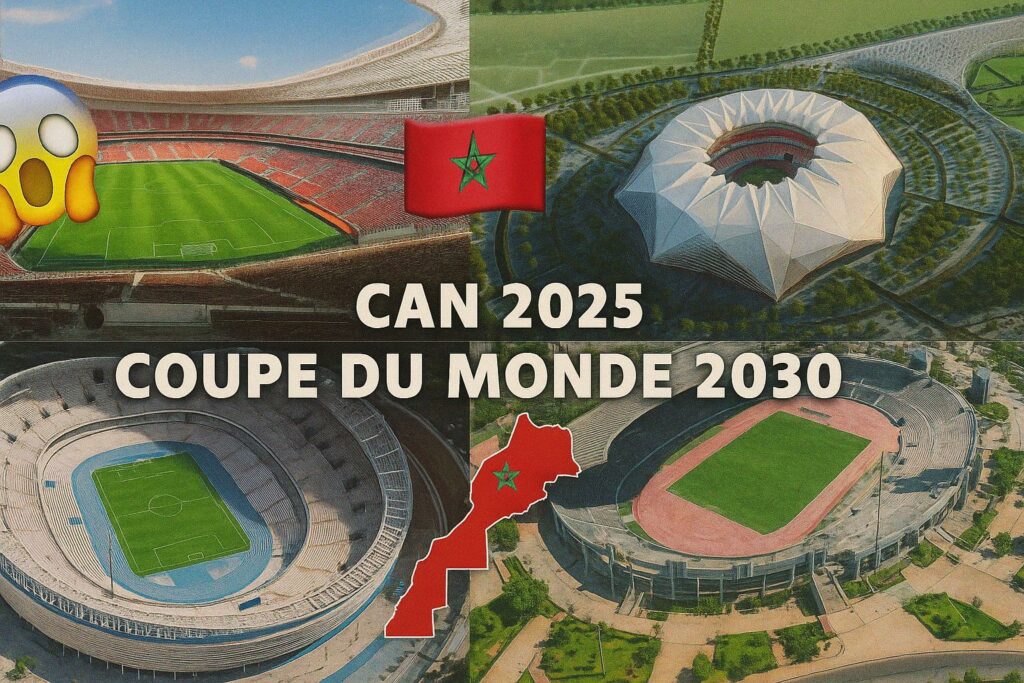Morocco’s Infrastructure Ambitions
Morocco is forging ahead with its ambitious plans to host the 2025 African Cup of Nations (CAN), and pivotal to this endeavor is the construction of state-of-the-art stadiums across the nation. Fouzi Lekjaa, the head of Morocco’s football federation (FRMF), has robustly assured stakeholders that the construction of key venues is progressing according to schedule. During a recent press briefing, he affirmed that the prestigious Complexe Moulay Abdellah in Rabat and the Grand Stade de Tanger will be ready by September 2025. Simultaneously, the Al Barid and Moulay El Hassan stadiums, also situated in Rabat, are anticipated to open their doors to the public by August.
Delivering a Unifying Vision
As the countdown to CAN 2025 intensifies, Morocco is set to unveil four newly built venues which will complement five existing stadiums. This impressive lineup includes prominent locations such as Mohammed V Stadium in Casablanca and the Grand Stade de Marrakech, significantly broadening the country’s sports infrastructure. Capacities will spread from 45,000 to 72,000 seats, accommodating a vast influx of international spectators. Lekjaa reiterated the nation’s strategic vision, indicating that these developments are not merely for the African Cup but form a critical component of Morocco’s bid to enhance its global sports profile, ahead of the 2030 FIFA World Cup, which Morocco will co-host alongside Spain and Portugal.
From Regional Championships to Global Stages
Historically, Morocco’s stadiums have been venues for significant continental matches, underlining their pivotal role in Africa’s sporting narrative. These arenas have hosted the 2023 U-23 Africa Cup of Nations, the 2022 Women’s Africa Cup of Nations, and the 2018 African Nations Championship (CHAN). By successfully delivering these events, Morocco has not only demonstrated its capacity to host high-caliber tournaments but also solidified its standing in the world of international football.
Importantly, the timeline of stadium readiness implies an effective strategy to ensure every host city can facilitate at least six group-stage matches during the tournament. This development holds promise for augmenting fan accessibility and ensuring logistical efficiency, presenting an inviting proposition for impending visitors.
Strategic Preparations for Global Recognition
The unfolding stadium construction narrative transcends mere readiness for the CAN 2025. It speaks to Morocco’s broader aspirations of sporting excellence and international recognition—a tale of strategic foresight and meticulous preparation. The national endeavor is steadfast in its pursuit of a high-profile sporting future, with an eye fixed firmly on the grander stage of the 2030 FIFA World Cup—a remarkable accolade that Morocco shares with Spain and Portugal.

